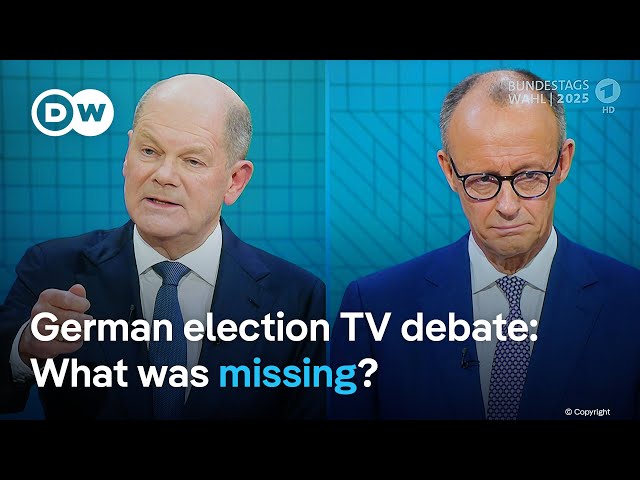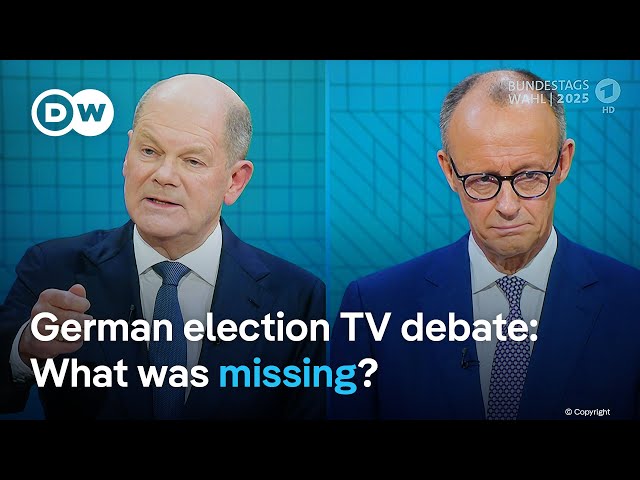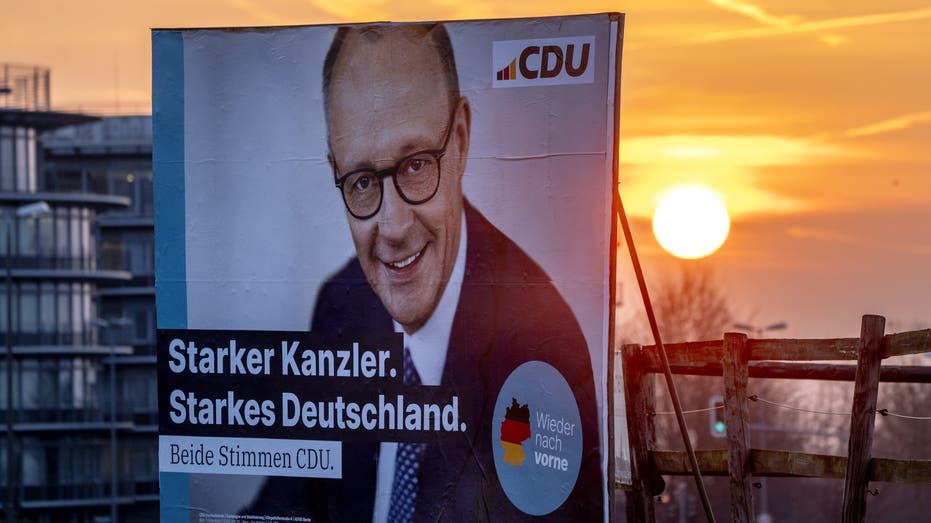
German Election Poised for Shake-Up as Merz’s CDU Expected to Oust Scholz
As Germany braces for a significant electoral shift this Sunday, conservatives are geared up to unseat the current Chancellor Olaf Scholz, with the Christian Democratic Union (CDU), under Friedrich Merz’s leadership, expected to lead the charge. This election holds great stakes not only for Germany but has also captured international attention, leading to heated debates concerning external influences and domestic policy priorities.
Merz’s CDU and Its Stance on AfD
In the lead-up to the election, despite their anticipated victory, Merz has unequivocally stated that his party will not seek to ally with the right-wing populist Alternative for Germany (AfD). The refusal to cooperate with AfD is a strategic decision, reflecting the CDU’s aim to maintain the integrity of its traditional conservative values amidst rising populism.
International figures such as U.S. Vice President JD Vance and tech billionaire Elon Musk have also weighed in on the unfolding political landscape. Musk has publicly endorsed AfD, citing the party’s potential to address Germany’s precarious economic situation. His remarks, however, have drawn sharp rebukes from German leaders, particularly from Chancellor Scholz, who decried Musk’s intervention as unwarranted foreign influence in German politics.
“Only AfD can save Germany,”
– Elon Musk
The Growing Power of AfD
Analysts predict that the AfD is on track to achieve its most significant electoral success to date, potentially doubling its vote share from the last election in 2021 and emerging as Germany’s second-largest political force. This development poses a serious dilemma for traditional parties, as maintaining a political “firewall” against the far-right may lead to a fragmented parliamentary landscape with coalitions unified only in their opposition to AfD.
Anna Hardage, a fellow in European Studies at the American Foreign Policy Council, explained, “The main political parties governing Germany have established a ‘firewall’ between themselves and the AfD, effectively refusing to endorse or collaborate with far-right entities.” Political analysts weigh the implications of this opposition as AfD’s growing influence prompts a broader national conversation about its policy positions.
Addressing Voter Concerns: Migration and Security
The AfD has capitalized on voter apprehensions surrounding migration and national security, particularly in light of several violent incidents involving migrants. This has allowed the party to rally support through promises of stricter immigration policies.
“Security, immigration, and the economy are the biggest concerns for voters, and AfD has successfully linked these issues to the failures of past leadership,”
– Rafael Loss, European Council on Foreign Relations
In response, Merz has adjusted the CDU’s stance further rightward, aiming to recapture the electorate that is increasingly gravitating toward the AfD. Fine-tuning rhetoric around immigration and security could strategically position the CDU as a viable alternative amidst voter dissatisfaction.
Foreign Policy Divergences: CDU vs. AfD
Despite the growing threat posed by AfD, significant policy differences exist between it and the CDU, particularly concerning foreign relations and the Ukraine conflict. AfD’s call to suspend security aid to Ukraine and lift sanctions against Russia echoes sentiments of certain populist movements worldwide.
In contrast, Merz’s CDU continues to advocate for strong transatlantic relations, viewing Russia as a critical threat to European security. “Transatlantic cooperation is central to CDU’s identity, and Merz sees Russia as a fundamental threat to European security,” remarked Loss, emphasizing the CDU’s commitment to supporting Ukraine amid ongoing geopolitical tensions.
Scholz’s Declining Popularity and Economic Instability
With the election drawing near, the CDU has maintained its lead in opinion polls, consistently reflecting support of around 30%. This rise comes at the backdrop of significant troubles for Scholz’s coalition, dubbed the “traffic light” coalition, which collapsed in November over fiscal disagreements, leading to a surge in his unpopularity.
Economic instability, coupled with high inflation and lackluster post-pandemic growth, has contributed to growing dissatisfaction among the electorate, positioning the CDU as a viable alternative for voters disillusioned by Scholz’s administration.
The Controversial Position of AfD in German Politics
While the AfD anticipates significant electoral gains, it remains a deeply controversial party. The domestic intelligence agency classified them as a “suspected right-wing extremist” group in 2021 due to alleged links with neo-Nazi factions, which the party has contested unsuccessfully.
Pivotal figures within the AfD, such as Björn Höcke, have faced legal repercussions for employing Nazi-era rhetoric—further complicating the party’s mainstream acceptance. Among AfD’s sixteen regional divisions, three are officially categorized as extremist, six are under ongoing surveillance, and one chapter faces investigation.
“Germany has only banned two political parties since 1949: the Socialist Reich Party and the Communist Party of Germany,”
– Analysts on AfD’s potential fate
Although a formal ban on the AfD appears unlikely, the party’s increasing influence is undeniably reshaping Germany’s political landscape, challenging the traditional parties to address the issues it raises while maintaining coherent governance without succumbing to its extremities.
Conclusion
The upcoming German elections mark a pivotal moment for the nation, as the CDU expresses confidence in overthrowing Scholz amid economic challenges and a fractured political landscape. However, the looming presence of the AfD complicates the dynamics as traditional parties navigate an evolving voter landscape filled with uncertainty and rising populist sentiments.
As voters prepare to cast their ballots, the implications of this election stretch far beyond Germany, stirring international discourse around populism, governance, and the delicate fabric of European politics.


















